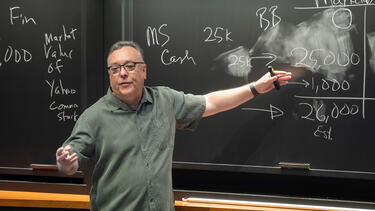All Insights Articles
How Systems Thinking Can Help Stop Neglected Tropical Diseases
Despite being easy and inexpensive to treat, a group of common bacterial and parasitic infections kill hundreds of thousands of people in tropical countries each year. In a new paper, Yale SOM’s Teresa Chahine and her co-authors map the complex system of stakeholders surrounding the diseases and identify key leverage points for making progress.
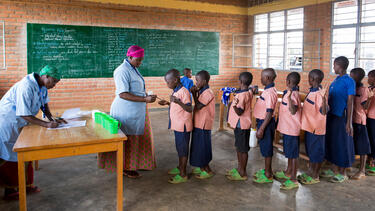
The History of the Forgotten Pandemic
In 1957, a novel strain of the flu spread around the world, the first global outbreak since the 1918 flu pandemic. More than one million people died, 116,000 of them in the United States. But schooling, shopping, and sporting events went on as normal, and the pandemic has largely faded from public memory.
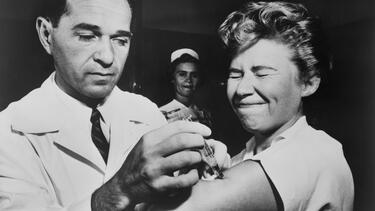
Awaiting the Will to Ensure Financial Market Stability
In a conversation with Yale SOM’s Andrew Metrick, Paul Tucker, chair of the Systemic Risk Council and former deputy governor for financial stability at the Bank of England, says that financial markets are still facing serious stability risks.
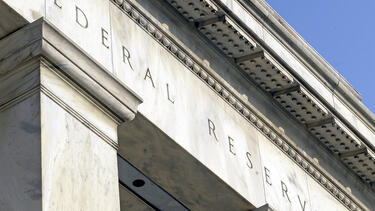
Did Congress Just Fix Surprise Medical Billing?
A new federal law prevents patients from being billed by out-of-network doctors after being treated in an in-network hospital. We asked Prof. Fiona Scott Morton, whose research helped bring the practice to light, what the new law will mean for patients and healthcare costs.

How is Mexico Navigating the COVID Financial Crisis?
In a recent online conversation hosted by Yale SOM, Mexico’s chief central banker discussed the country’s response to the economic distress caused by COVID-19—the country’s third financial crisis in recent decades.
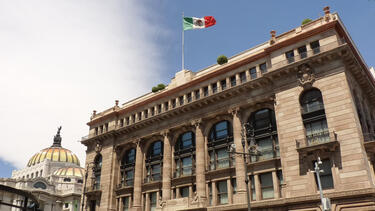
We Need Better Data for Better Crisis-Fighting
The market crash sparked by the COVID pandemic exposed the weaknesses in the financial data we collect, writes Greg Feldberg of the Yale Program on Financial Stability. Better financial data would enable more targeted efforts and better ex-post analysis.

Advice for a Better 2021—According to the Research
We asked faculty with expertise in psychology, entrepreneurship, healthcare, economics, and more for their best ideas to bring the lessons of the last year to the next.

Our Top Stories from an Extraordinary Year
This year, many of our most-read articles examined aspects of two monumental events shaping society: the COVID-19 pandemic and the resurgent Black Lives Matter movement.
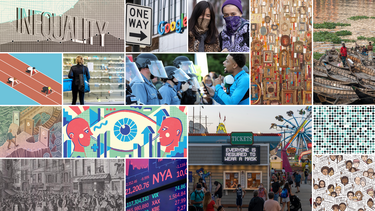
For Holiday Cheer, Switch Off Zoom and Pick Up the Phone
After an extraordinarily difficult year, we are all looking for respite from the isolation and uncertainty of pandemic life. We asked Marissa King, who studies personal and team dynamics, to share some quick tips for making this year’s holiday season a little brighter.

What Is Accounting For?
Prof. Rick Antle explains how accounting serves as the infrastructure for the smooth functioning of society.
